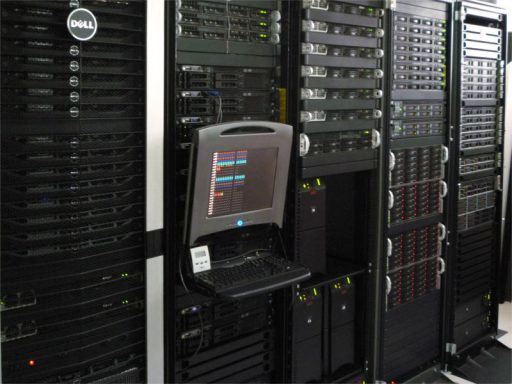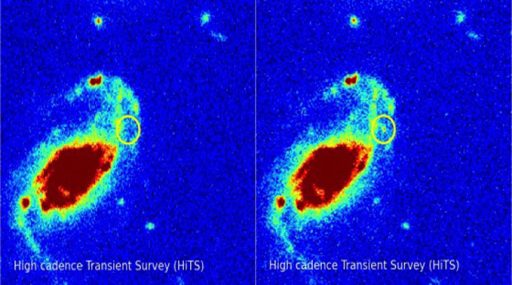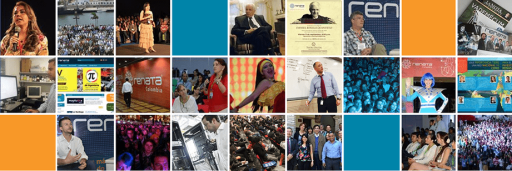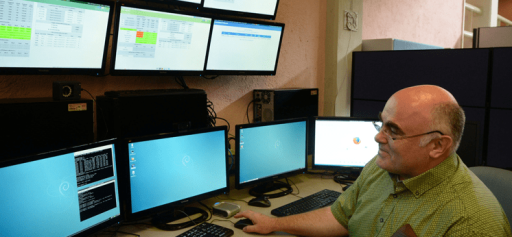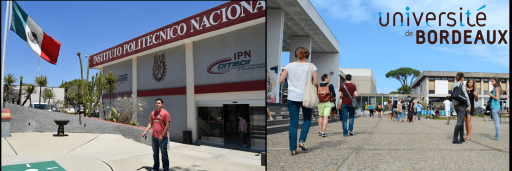The Telemedicine University Network Rute in Brazil is considered the biggest initiative in telemedicine and telehealth in the world. Watch the interview with Rute’s coordinator, Luiz Ary Messina, and learn more about the reach and roadmap for this world-changing initiative.
Even if you are a researcher living in the most southern country in the world, you can still participate in groundbreaking global research. For example, the Science and Technology Center of Valparaíso in Chile plays a role in the ATLAS experiment at CERN in Switzerland.
Together with researchers from several universities, Brazil’s research and education network RNP, has designed an early warning system that monitors a range of social media channels to spot imminent attacks and to launch preventive measures and counterattacks.
Studies by scientists in Chile shed light on phenomenon related to the creation of the Universe, the formation of celestial bodies and the characterization of different kinds of stars. “Our goal is to understand the parent stars of supernovas. I mean, what kind of star produced the explosion”, says researcher Francisco Förster.
By using high-definition videoconferencing technology and advanced academic networks, more than 1,000 Mexican physicians were trained remotely in the latest endoscopy procedures during a single event in 2015.
Since 2008 the Live RENATA streaming service has amplified Colombia’s research and education by transmitting thousands of hours of knowledge to a growing number of national and international Internet users, creating new opportunities for learning and discovery. As well as academia, this service is also used by government institutions to present policies and strategies.
1200 researchers from all over the world visit the Brazilian city of Campinas near Sao Paolo every year, to work at the National Laboratory for Synchrotron Light, LNLS. Among other things, synchrotron light has been essential for the production of new drugs, fertilizers, cell analysis, the study of different types of soil and new sources of energy.
The control room is the first installation of its kind in America that can operate telescopes and fluorescence detectors at a distance, from Mexico to Argentina. It also maximizes usages times and optimizes the transmission of scientific data.
Mexican student Abraham Montoya Obeso discovered the advantages of eduroam during his stay at the University of Bordeaux in France.



